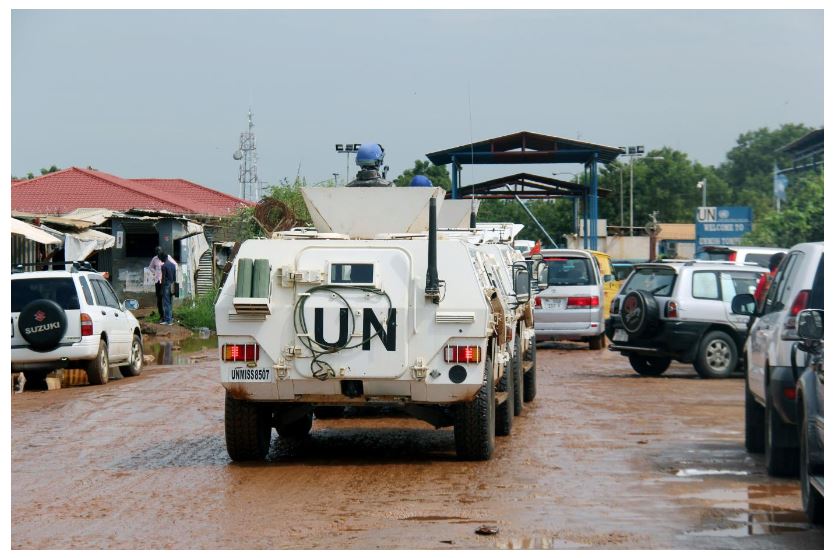Two more U.N. agencies joined the World Health Organization (WHO) with pledges on Wednesday to investigate claims of sexual exploitation by aid workers in the Democratic Republic of Congo uncovered by the Thomson Reuters Foundation and The New Humanitarian.
The International Organization for Migration (IOM) and children’s agency UNICEF said they would investigate after 51 women accused mainly foreign aid workers of sexual abuse during the 2018-2020 Ebola crisis.
The majority of the women – many of whose accounts were backed up by aid agency drivers and local NGO workers – said numerous men had either propositioned them, forced them to have sex in exchange for a job or ended contracts when they refused.
Five of seven U.N. agencies and NGOs named by women in the nearly year-long investigation have now launched inquiries, including World Vision and medical NGO ALIMA. Other groups named in the expose were Oxfam and Medecins Sans Frontieres.
The U.N. and NGOs have vowed for years to ramp up efforts to crack down on sex abuse and exploitation scandals that have shaken the sector but reports of such behaviour continue to surface, denting the trust of local people, donors, taxpayers.

The IOM said its director-general had ordered an immediate investigation, while UNICEF said it had launched an inquiry and was sending a team to the area to help.
“UNICEF is appalled that people who identify as UNICEF workers have reportedly committed abuse against vulnerable women in the Democratic Republic of the Congo,” the agency said in a statement, urging anyone with information to come forward.
“Our team on the ground is doing a thorough assessment of the facts and will be joined by additional colleagues to seek further detailed information about what has happened.”
“WE NEED TO DO MORE”
When approached with the results of the investigation, UNICEF said it had received three reports of sexual exploitation or abuse involving partner organisations in the Ebola crisis which did not overlap with three uncovered by reporters.
The IOM said it received one complaint in Congo since 2017 but it did not say whether it was linked to the Ebola crisis. Reporters uncovered one claim against IOM.
“Such abuses by U.N. personnel and other humanitarian workers are an outrageous breach of trust with those we are mandated to support, often in very trying humanitarian circumstances,” the IOM said in a statement.
“IOM is determined to investigate and eradicate these shocking abuses wherever and whenever they occur including in this particular instance.”
The largest number of accusations – made by 30 women – involved men who identified themselves as being with the WHO.
Some women were cooks, cleaners and community outreach workers hired on short-term contracts, earning $50 to $100 a month – more than twice the normal wage.
The WHO has ordered an inquiry on the back of the investigation, saying all claims would be “robustly investigated” and anyone found involved face serious consequences, including instant dismissal.
The IOM and UNICEF said they were continuously working to improve their systems to tackle sexual exploitation and abuse, with stronger reporting tools, staff training, and awareness-raising, but that they knew it was insufficient.
“It is clear that this is not enough. We need to do more, especially at the community level,” said UNICEF.
U.N. Secretary-General Antonio Guterres has called for the allegations to be “investigated fully”.
None of the women interviewed for the investigation said they were aware of confidential hotlines, mailboxes, or other mechanisms set up to handle complaints. Most were also too afraid of reprisals to speak out or too ashamed.
“We are committed to improving our reporting mechanisms to ensure confidence in the system and those victims are fully aware that they can report such allegations without fear of retribution,” the IOM said.
Jane Connors, the U.N. Victims’ Advocate based in New York, said she would work with colleagues in Congo to provide medical care, psychosocial support and legal assistance to the victims.
“My deepest concern is that victims of these distressing allegations receive the support and assistance they require,” Connors said.

